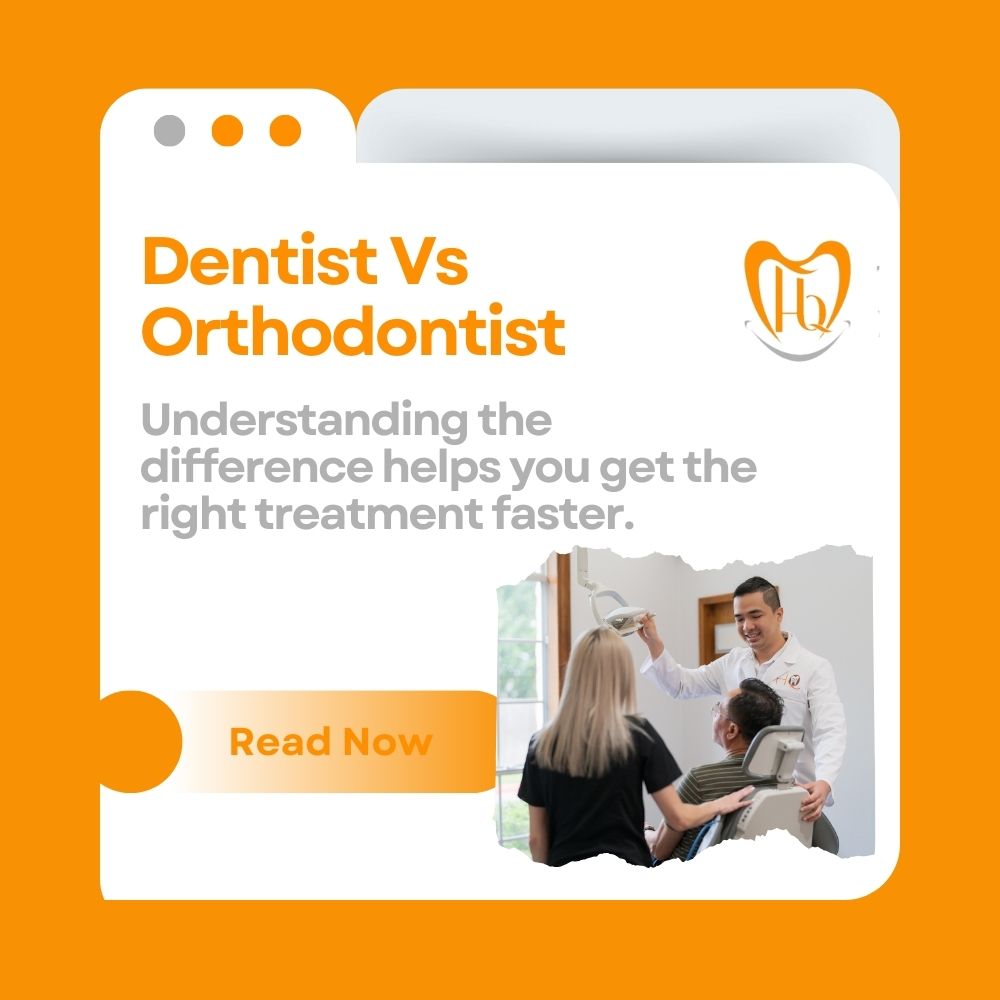-
manager.hqdentaldesign@gmail.com
13
Jul
Dentist Vs Orthodontist: What’s the Difference

Specialized In Tooth Extraction And Dental Implant.
Dr. Hiep Pham is a phenomenal professional in tooth extraction and oral surgery. From the beginning of his Georgetown dentistry profession, he received recognition and appreciation for his exceptional patient diagnosis, treatment planning abilities, and tooth extraction proficiency



Leave A Comment